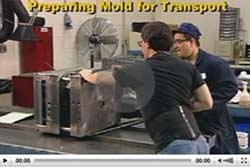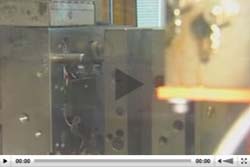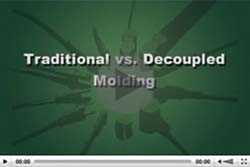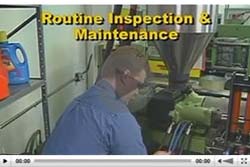Specialized Training Courses
Injection Molding For Managers
Most injection molding companies quote to make 20% profit. But those same companies average 5-7% profit. This program breaks down the injection molding process from a profit/loss point of view. Learn which metrics and production numbers are the most important to watch. Also learn how to take corrective action when molding jobs aren’t running efficiently.
Electric Injection Molding Machines
Electric molding machines now account for the majority of new machine sales. There are several reasons for their popularity: more precise control, lower electricity consumption and potentially faster cycles are among the reasons. But along with these and other advantages are potential problems. These machines require an understanding of this new technology by all personnel to gain the benefits and avoid very expensive mistakes. In short, they require more knowledgeable personnel at all levels. The 3 lesson Electric Injection Molding Machine course teaches molders everything they need to know to transition to electric machines. This course also seamlessly integrates with our Practical Injection Molding interactive training program.
Efficient Mold Setting
This course will teach your employees valuable skills for the mold setting and removal stages of the injection molding process. The lessons in this course cover basic procedures on how to avoid damaging the mold during mold transportation, mold installation, start-up, production and shutdown. The course is excellent for new employees as well as a great refresher course for veteran molders. Employees going through this training will learn to use consistent set-up and removal procedures, exercise greater control over the molding process, increase their awareness and safety in the mold handling stages and eliminate careless mistakes.
Plastic Drying Technology
Plastic drying is one of the most misunderstood technologies on the molding floor. This 2 lesson training course demystifies plastic drying by explaining how plastic drying is properly done, how to check drying operations, and how to troubleshoot problems caused by incomplete moisture removal. In addition, this course discusses the operation, control and maintenance of the three basic dryer designs - hot air, desiccant, and refrigerant-dehumidifying. Many of today’s engineering grade resins and other moisture-sensitive materials must be properly dried prior to processing. Absorbed and surface moisture must be removed to avoid molded part splay and plastic degradation.







